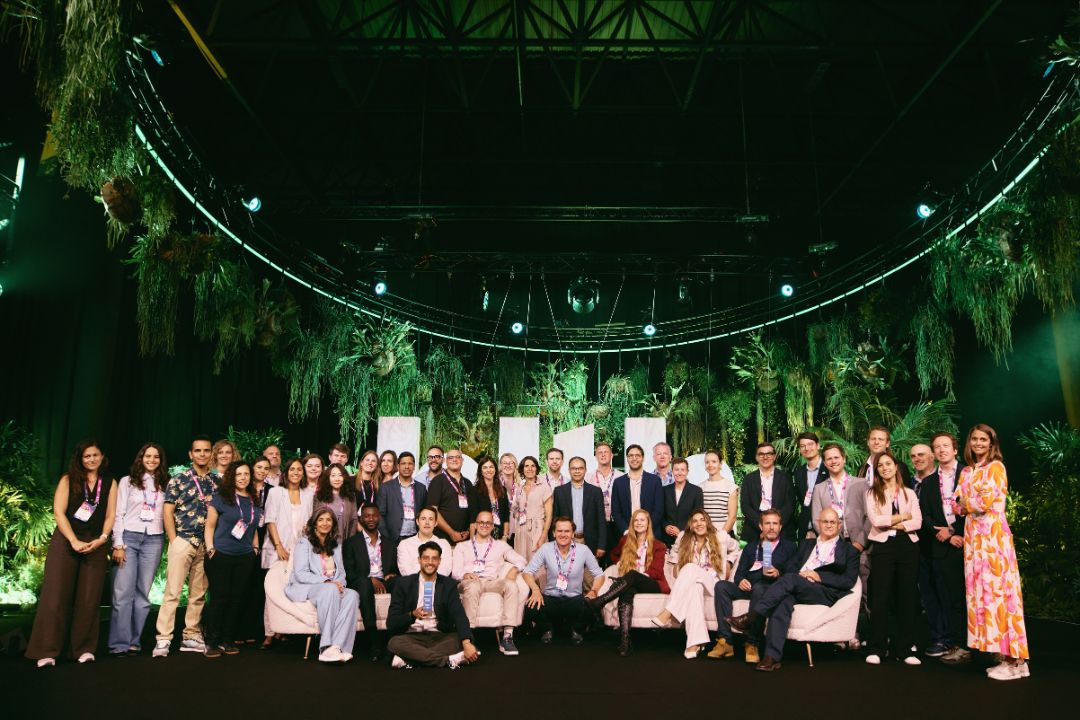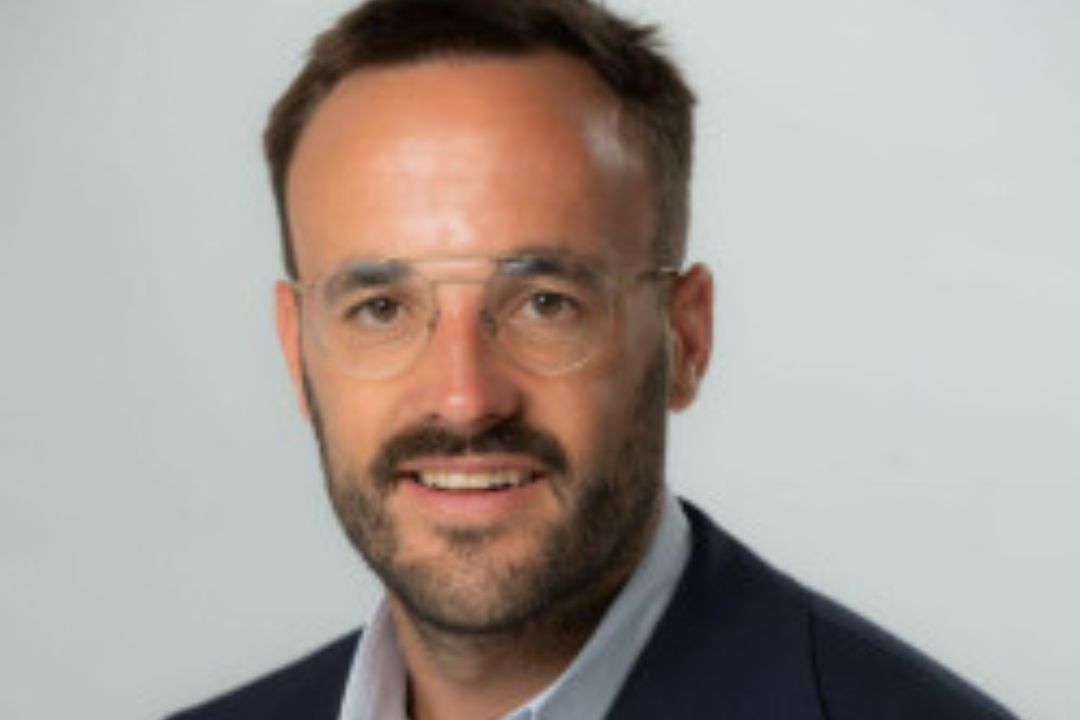27th May 2022
Medical education has a rich history in many cities across Central, Eastern and Southern Europe, but they still have unfulfilled potential in healthcare innovation. The Innovation Capacity Building Call aims to change this by connecting academia with business and innovators. The programme has already yielded tangible results.
Innovation flourishes best when the right people are brought together to share diverse skills, knowledge and expertise. The so-called ‘knowledge triangle’, which is the core concept of the EIT RIS programme, is the principle that when experts from business, research and education work together, an optimal environment for innovation is created.
The EIT RIS programme is implemented through local hubs across Southern, Central and Eastern Europe. In healthcare, EIT Health Hubs include leading regional incubators, accelerators and research centres – however, most of them are prominent medical universities or are located in cities with such institutions. These locations offer a strong background in research and education but have not always been centres of innovative business.
To change that, an Innovation Capacity Building Call was set up in 2018 for EIT Health Hubs across Europe to enhance collaboration among actors of the knowledge triangle. The programme supports innovators in creating healthcare solutions in targeted countries with modest and moderate innovation capacity. A total of nine EIT Health Hubs responded to the call in 2021 and set up various initiatives.
From researcher to founder
There are already several success stories testifying to the value of this approach. In 2018, a young Croatian biochemist Ena Melva participated in Winter School, a course organised by the local EIT Health Hub, the University of Zagreb, as part of the Innovation Capacity Building Call. She now says that the course was instrumental in using her scientific knowledge of the human gut biome to set up a business.
“As a researcher, I already knew a lot about microorganisms, however, participating in Winter School was a real eye-opener as it taught me to think with the heads of the potential customers. The course also gave me many practical skills that helped me become a founder and the CEO of my own business, ” said Ena Melvan. Her company, Metabelly, now markets a natural dietary supplement designed to maintain the health of the intestinal flora and a novel stool analysis tool to help establish a personalised diet based on the analysis of bacteria in the gut.
She was not the only one to gain from the programme. Over 160 participants – primarily PhD students – have taken part in the Winter School since its establishment, gaining valuable skills in product commercialisation and overall research and innovation leadership. Based on this success, the Zagreb Hub will start the EIT Health Pre-Acceleration Programme to increase the number of globally competitive health start-ups established locally and the number of knowledge or technology-based healthcare solutions commercialised.
A hackathon for hospitals
Half a continent away in another university town, Kaunas, a team of young innovators, has developed a website for quick registration with dentists and collecting dental medical history. This innovation was the winning idea of a unique hackathon called Hospiton, where the 2021 challenge was developing digital health solutions. Organised by the local EIT Health Hub, run jointly by the Kaunas University of Technology and the Lithuanian University of Health Sciences, Hospiton has brought together 220+ talents from different studies areas since its inception in 2019.
Based on the success of the past years, the Hub of Kaunas is now planning to create a DIGIPRO HEALTH programme to facilitate the development and deployment of digital health solutions. The programme intends to strengthen cooperation among local stakeholders through learning together, providing mentoring support for the Hospiton teams to build more sustainable interdisciplinary teams developing digital health innovations.
Making hospitals more efficient
In other instances, the result of the programme isn’t a new solution but the increase in efficacy of an existing institution. That was the case in the Hungarian town of Pécs, where the local EIT Health Hub, the Institute of Transdisciplinary Discoveries of the historic University of Pécs, operates. Under the auspices of the Innovation Capacity Building Call, the Institute carried out a complex audit into digital solutions at the university clinics. The audit results identified several challenges and opportunities to improve efficiency, facilitate innovation, motivate doctors to innovate and improve communication with patients.
Now, the Hub plans to contribute to the Silver Economy regional development plan, which aims to transform the region into the healthiest in Hungary while creating new jobs. The approach is designed to uncover real clinical needs and find solutions to the challenges of the silver-aged (55+) population. It is expected that the project will result in a number of medical and healthcare innovations specifically for this age group.
Answering the Call across Europe
These three cities aren’t the only ones participating in the Innovation Capacity Building Call. The hub of Athens, the National Documentation Centre, plans to launch SymbIASIS, a project aiming to create a sustainable ecosystem that fosters innovation by accelerating the dialogue between hospitals and start-ups. The hub of Cluj, the Freshblood HealthTech Community, plans on launching Hubvantage, a virtual healthtech hub for founders and interested stakeholders from Romania and Moldova first, then the whole of Eastern Europe.
Meanwhile in Slovenia, Labs to Market, the proposed project of Ljubljana University Incubator, dissolves the challenge of spinout creation by matching scientists and their breakthrough technologies with entrepreneurial co-founders to create future industry-defining companies. The hub in Estonia, the Tartu Biotechnology Park, proposes a support program for mental health applications in the wake of the surge of mental illness during COVID-19.
Both EIT Health Hubs in Portugal are part of the Innovation Capacity Building Call. The Hub of Évora proposes a project to create a university-to-hospital fast track system, whereas the hub of Porto wishes to create a holistic acceleration and pre-acceleration programme, promoting health innovation courses for different target groups, such as a digital health course for students and an entrepreneurship course for seniors.
The key to unlock the region’s potential
“The EIT was created with the recognition that a competitive, knowledge-based economy capable of sustainable growth requires integration of the three sides of the knowledge triangle: education, research and business”, said Nóra Félegyházi, RIS Ecosystem Lead in EIT Health InnoStars. “In healthcare, it is essential to bring together people from different domains of expertise, from researchers to practising doctors, from IT experts to business managers, from investors to healthcare executives. University towns in the more progressing regions of Europe offer tremendous talent and rich history in research and education. Bringing together the three sides of the knowledge triangle might be the key to unlock the innovative potential of these parts of Europe.”
Europe's top health start-ups take centre stage: EIT Health Catapult winners are revealed at HLTH Europe

2025 Catapult programme winners announced.
Finding Europe’s next healthtech leaders: Insights from Antoine D’Hollander

Insights from Antoine D’Hollander, Capricorn Partners.
EIT Health supports 17 promising deep tech start-ups bridge the ‘Valley of Death’

Providing start-ups with the right support.